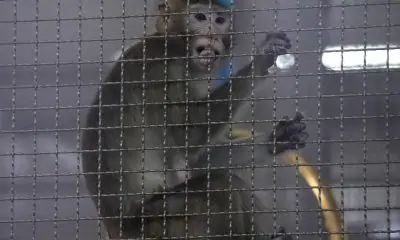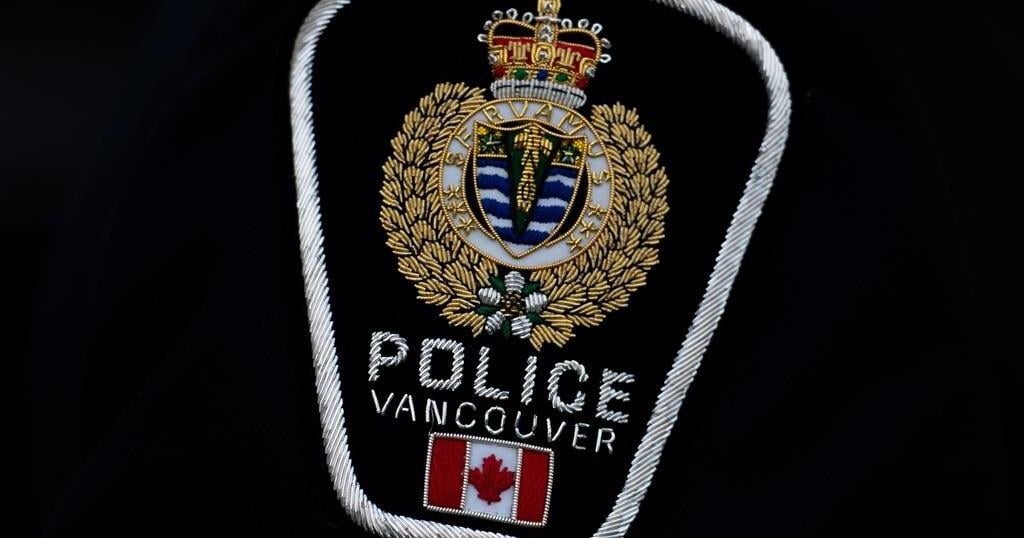A sharp upturn in new coronavirus infections due to the highly contagious Delta variant and a slowdown in vaccination rates have pushed governments to make COVID-19 shots mandatory for health workers and other high-risk groups.
A growing number of countries also stipulate that a shot, or a negative test, will be needed for dining out, among other activities.
Here are some countries’ vaccine mandates:
AUSTRALIA
Australia decided in late June to make COVID-19 vaccinations mandatory for high-risk aged-care workers and employees in quarantine hotels.
It has also made vaccinations obligatory for Paralympic athletes heading to Tokyo because unvaccinated members on the team could pose a health risk.
BRITAIN
It will be mandatory for care home workers in England to have coronavirus vaccinations from October.
English nightclubs and other venues with large crowds will require patrons to present proof of full vaccination from the end of September.
CANADA
Canada‘s Treasury Board Secretariat said on July 20 it was considering whether COVID-19 vaccines should be required for certain roles and positions in the federal government, according to CBC News.
FRANCE
The French parliament on Aug. 2 approved a bill which will make COVID-19 vaccinations mandatory for health workers as well as require a bolstered health pass in many social venues.
The government said on July 19 that the planned 45,000 euro ($53,456) fine for businesses that do not check that clients have a health pass will be much lower, starting at up to 1,500 euros and increasing progressively for repeat offenders. Fines will not be imposed immediately.
GREECE
Greece on July 12 made vaccinations mandatory for nursing home staff with immediate effect and healthcare workers from September. As part of new measures, only vaccinated customers are allowed indoors in bars, cinemas, theatres and other closed spaces.
INDONESIA
Indonesia made COVID-19 inoculations mandatory in February, with the capital Jakarta threatening fines of up to 5 million rupiah ($357) for refusing.
ITALY
A decree approved by the Italian government in March mandates that health workers, including pharmacists, get vaccinated. Those who refuse could be suspended without pay for the rest of the year.
HUNGARY
Hungary’s government has decided to make vaccinations mandatory for healthcare workers, Prime Minister Viktor Orban told public radio on July 23.
KAZAKHSTAN
Kazakhstan will introduce mandatory COVID-19 vaccinations or weekly testing for people working in groups of more than 20, the health ministry said on June 23.
LEBANON
Lebanon is to limit entry to restaurants, cafes, pubs and beaches to people holding vaccine certificates or those who have taken antibodies tests, the tourism ministry said on July 30. Non-vaccinated employees of these establishments would be required to conduct a PCR test every 72 hours.
MALTA
Malta banned visitors from entering the country from July 14 unless they are fully vaccinated.
POLAND
Poland could make vaccinations obligatory for some people at high risk from COVID-19 from August.
RUSSIA
The Russian capital has unveiled a plan https://bit.ly/2TWsroN requiring 60% of all service sector workers to be fully vaccinated by Aug. 15, according to the Moscow Times.
Moscow residents no longer have to present a QR code demonstrating they have been vaccinated or have immunity in order to sit in cafes, restaurants and bars from July 19.
SAUDI ARABIA
In May, Saudi Arabia mandated all public and private sector workers wishing to attend a workplace get vaccinated, without specifying when this would be implemented.
Vaccination will also be required to enter any governmental, private, or educational establishments and to use public transportation as of Aug. 1.
Saudi citizens will need two vaccine doses before they can travel outside the kingdom from Aug. 9, state news agency SPA reported on July 19, citing the ministry of interior.
TURKMENISTAN
Turkmenistan’s healthcare ministry said on July 7 it was making vaccination mandatory for all residents aged 18 and over.
UNITED STATES
U.S. President Joe Biden announced on July 29 that all civilian federal workers will need to be vaccinated against the coronavirus or face regular testing, social distancing, mask requirements and travel limits, a source familiar with the matter said.
New York City will become the first major U.S. city to require, from Sept. 13, proof of vaccination for customers and staff at restaurants, gyms and other indoor businesses as the country enters a new phase of battling the Delta variant.
New York will require state employees to be vaccinated or get tested weekly, a mandate that will go into effect on Sept. 6, Governor Andrew Cuomo said.
The Port Authority of New York and New Jersey and the Metropolitan Transportation Authority will require their workers to get the vaccine or get tested weekly, Cuomo said on Aug. 2.
New Jersey state health care workers and employees who work in jails must by vaccinated by Sept. 7 or face testing twice a week.
California Governor Gavin Newsom said that all state employees would be ordered to get vaccinated starting Aug. 2 or undergo COVID-19 testing at least once a week.
Denver municipal employees and people working in high-risk settings in the city will be required to get vaccinated, Mayor Michael Hancock said on Aug. 2.
($1 = 0.8418 euros)
(Compiled by Paulina Cwikowska, Dagmarah Mackos and Oben Mumcuoglu; editing by Milla Nissi, Steve Orlofsky, Joe Bavier and Nick Macfie)
Related


































